U.S. Taxpayers Are Set To Own Big Stakes In Struggling U.S. Airlines
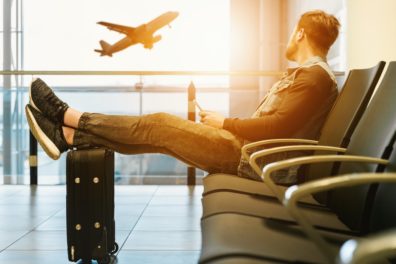
U.S. Taxpayers Are Set To Own Big Stakes In Struggling U.S. Airlines
From the moment the stimulus for airlines was announced, airlines expected to be given free handouts. Airlines were shocked when they learned that the U.S. Treasury expected to recoup some of the money they received. Because of the government’s conditions on the loans, the U.S. taxpayers are set to own big stakes in the country’s struggling airline industry.
The airlines who took funding are not required to provide equity shares in exchange for the money. But the Treasury did require airlines to provide special warrants (stock options). The Treasury’s price for shares would be based on Thursday’s closing stock rate for the airline. The airline has the option to repay to give Treasury the profit in stock shares or cash.
Here’s how many shares the government may possibly own of the United States’ biggest airlines.
American Airlines
American Airlines took $5.8 billion in loans through the CARES Act. Keep in mind that grant amounts are not included in these numbers since grants do not have to be paid back. Airlines also received billions in “free” money to them that doesn’t have to be returned to the taxpayers.
The U.S. government will have a 3.2% stake in the airline with a share price of $12.51. That would make the Treasury the 6th largest shareholder in the company.
Delta Air Lines
Delta Air Lines took $5.4 billion in loans through the CARES Act, and they will end up giving the Treasury 1% of their company’s shares at a $24.39 share price. That will make the Treasury the 12th largest shareholder in the company.
Southwest Airlines
Southwest Airlines, which is now the largest airline in the world amid impacts from coronavirus, took $2.3 billion in loans from the CARES Act. Treasury is expected to own 2.6 million shares, which makes the government the top 20 largest shareholders with a 0.5% stake in the company.
United Airlines
Perhaps most shocking, the U.S. Treasury will potentially own 7.6% of shares for the airline. Based on that, Treasury will be the 4th largest shareholder. As a comparison, Warren Buffet of Berkshire Hathaway 8.8% of the company’s shares.
But There’s a Catch
Of course, the amount of money taxpayers get back is based on share prices, which means airlines need to rebound. If the airlines don’t rebound to pre-coronavirus stock prices, the government loses out. Airlines have seen stocks fall as much as 60% since January 2020.
Some will make the argument that every bit the government gets back its taxpayer money coming back into the Treasury. Well, I guess there is some truth to that. But I’m not really fond of the bailout in general. In the last decade, U.S. airlines spent 96% of their free cash on stock buybacks. That’s an irresponsible choice, and it’s a choice the taxpayers are now paying for through stimulus money.
Bottom Line
I’m a small government kind of guy, and I don’t like the idea of the government bailing out large corporations. I have particular disdain for bailouts to companies who irresponsibly spend their cash and then come with their hands out when things turn down.
I also don’t appreciate when not all people are treated equally. While small businesses around the country are suffering, airlines are in the position of getting billions and billions of dollars in free money. Why? Simply because they didn’t think they should have to pay it back. One just needs to look at their dismay when the Treasury informed them it wasn’t all grants.
Of course, my sympathy is with those in the airline industry who have already lost their job or will lose their job. Even with guarantees included in the CARES Act that were supposed to ensure airline employees didn’t lose their jobs, companies like Jet Blue are finding loopholes.
But it’s okay, U.S. taxpayers! After you gave billions of your hard-earned money to give to the airlines, you’ll proudly own stakes in the airlines. And of course, there’s nothing troubling about the government owning a massive stake in the same airlines that it is meant to control and regulate. Take comfort that the same government that is supposed to look out for you and protect you from airline abuse will now get money back based on the success of the airline’s stocks. What could possibly go wrong?
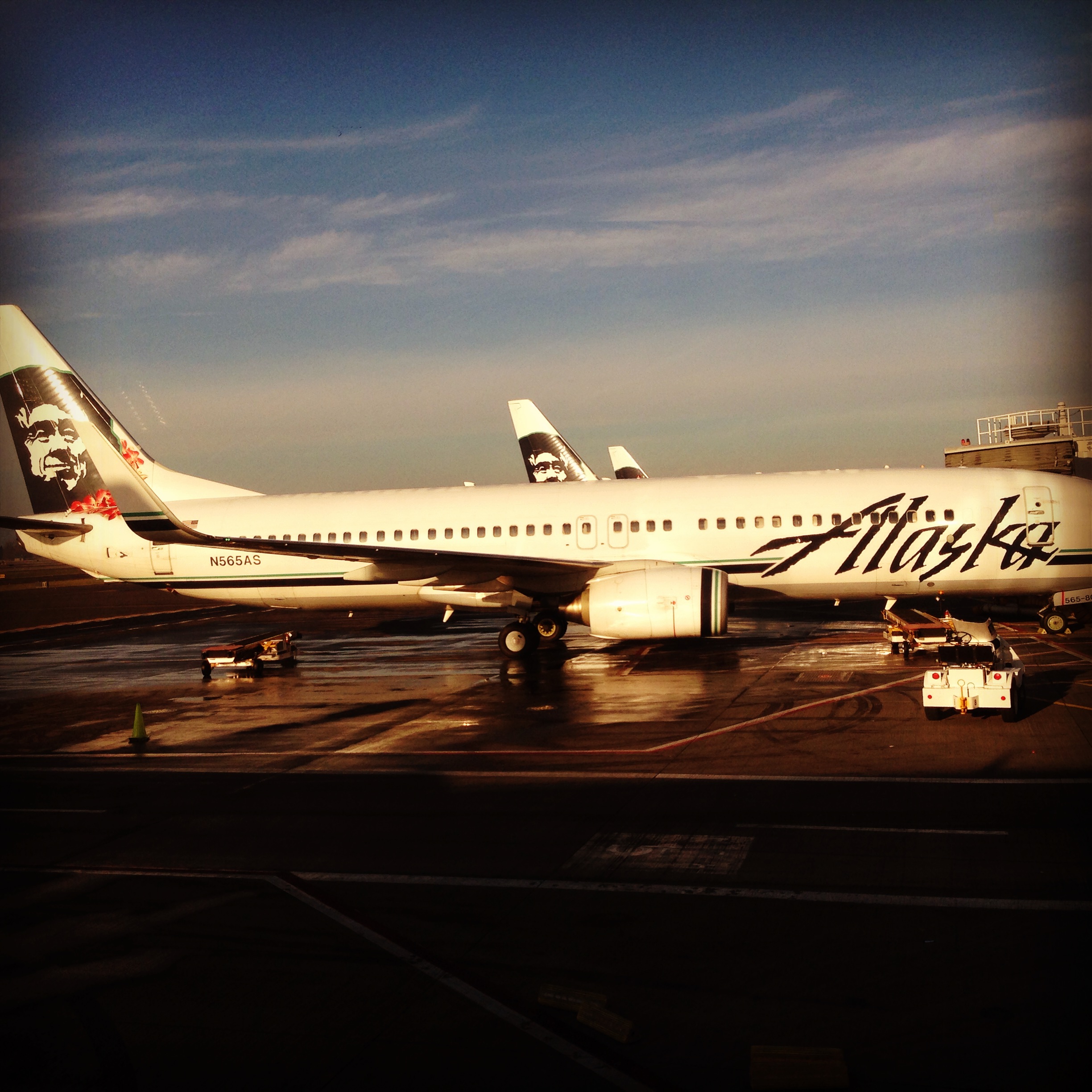
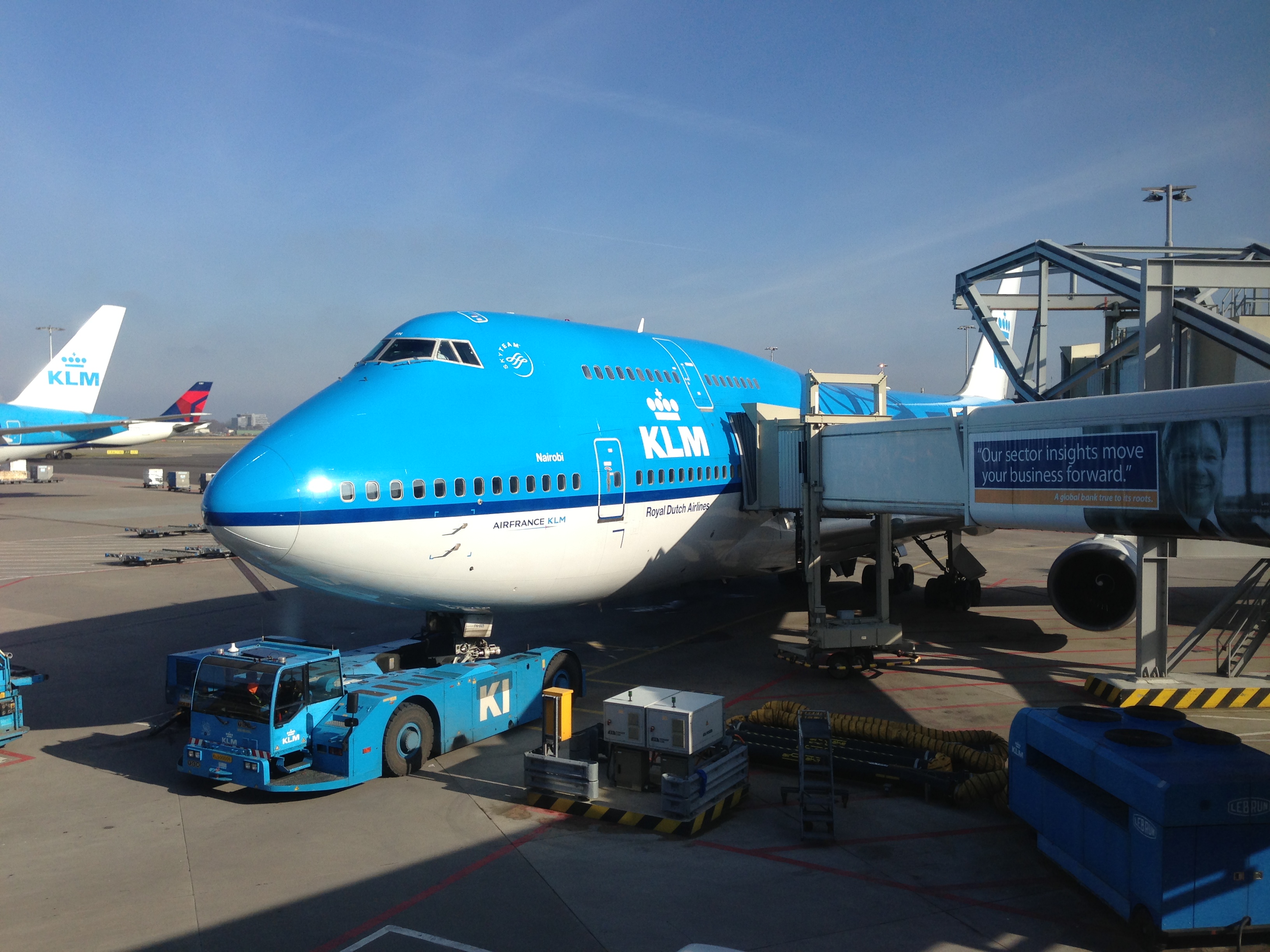
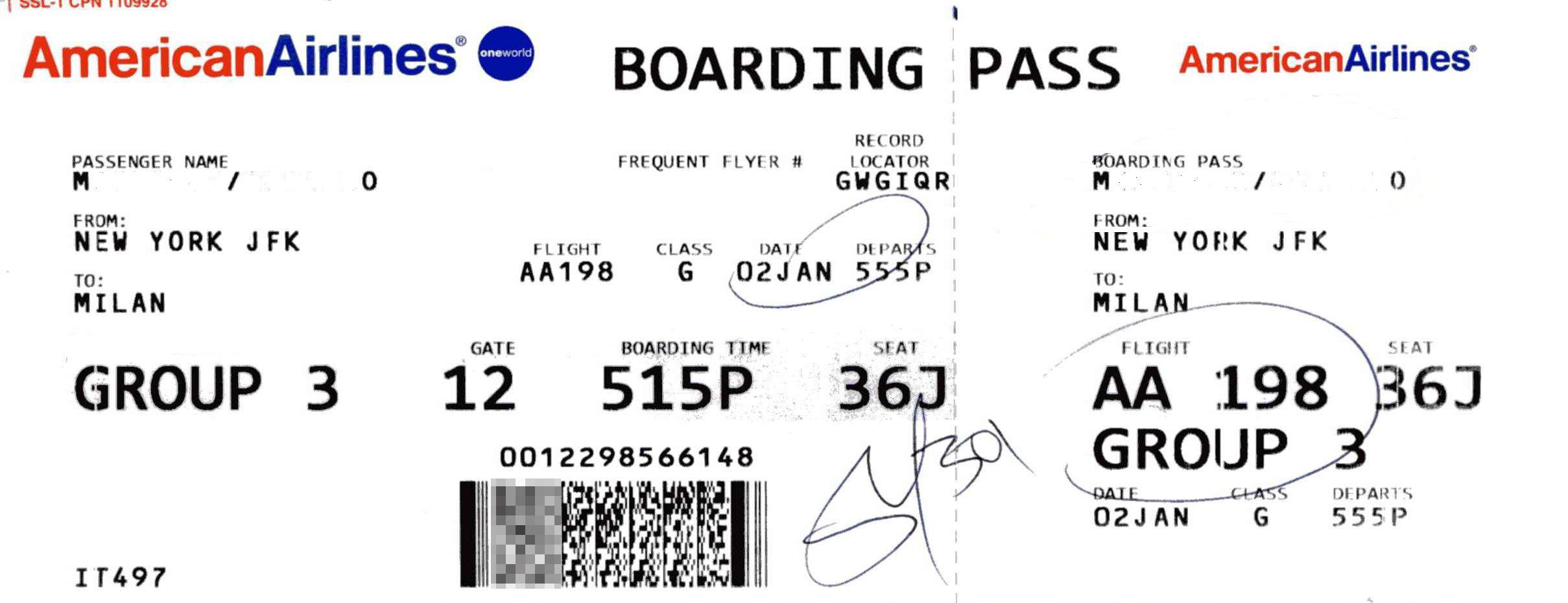
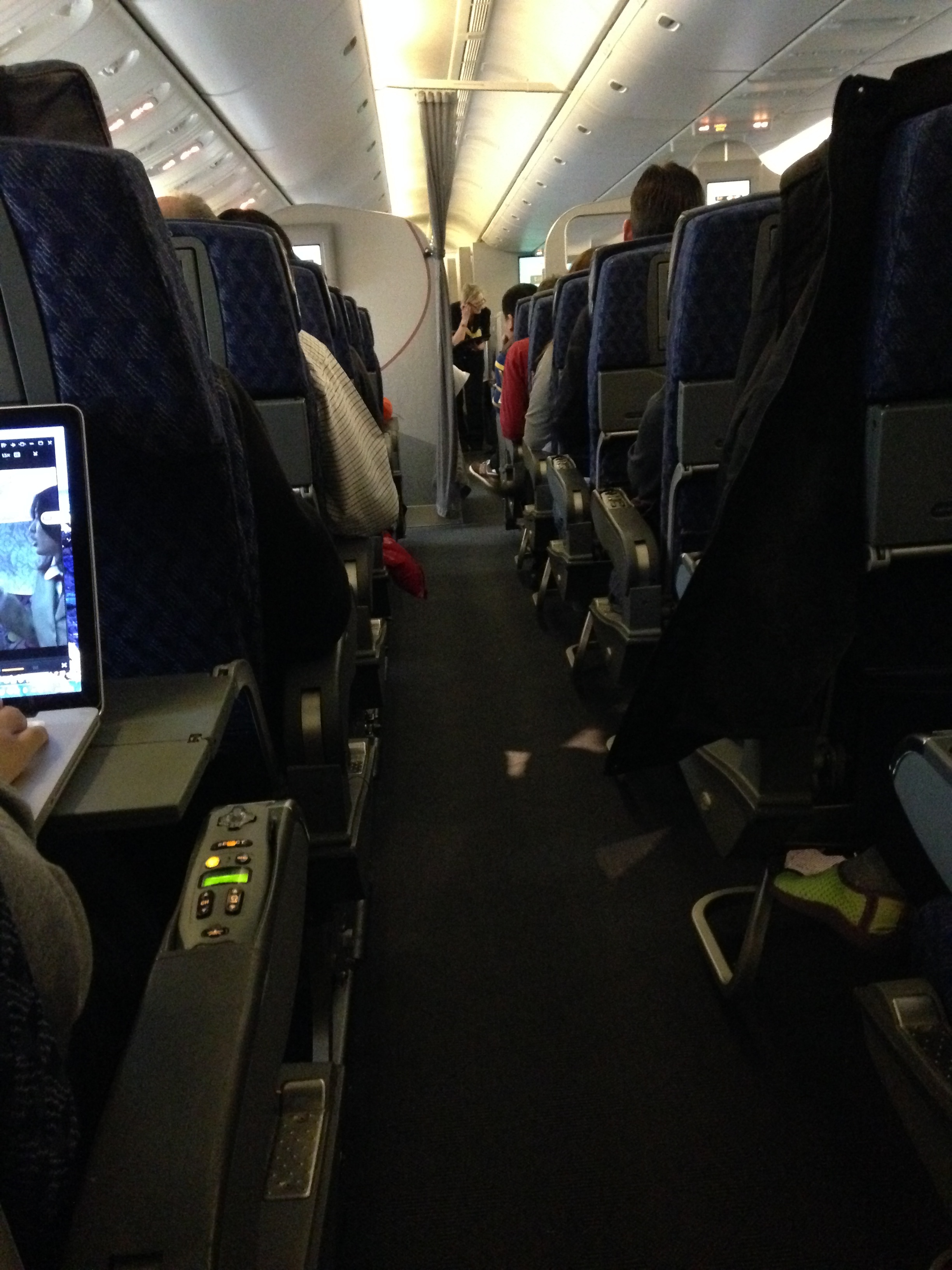
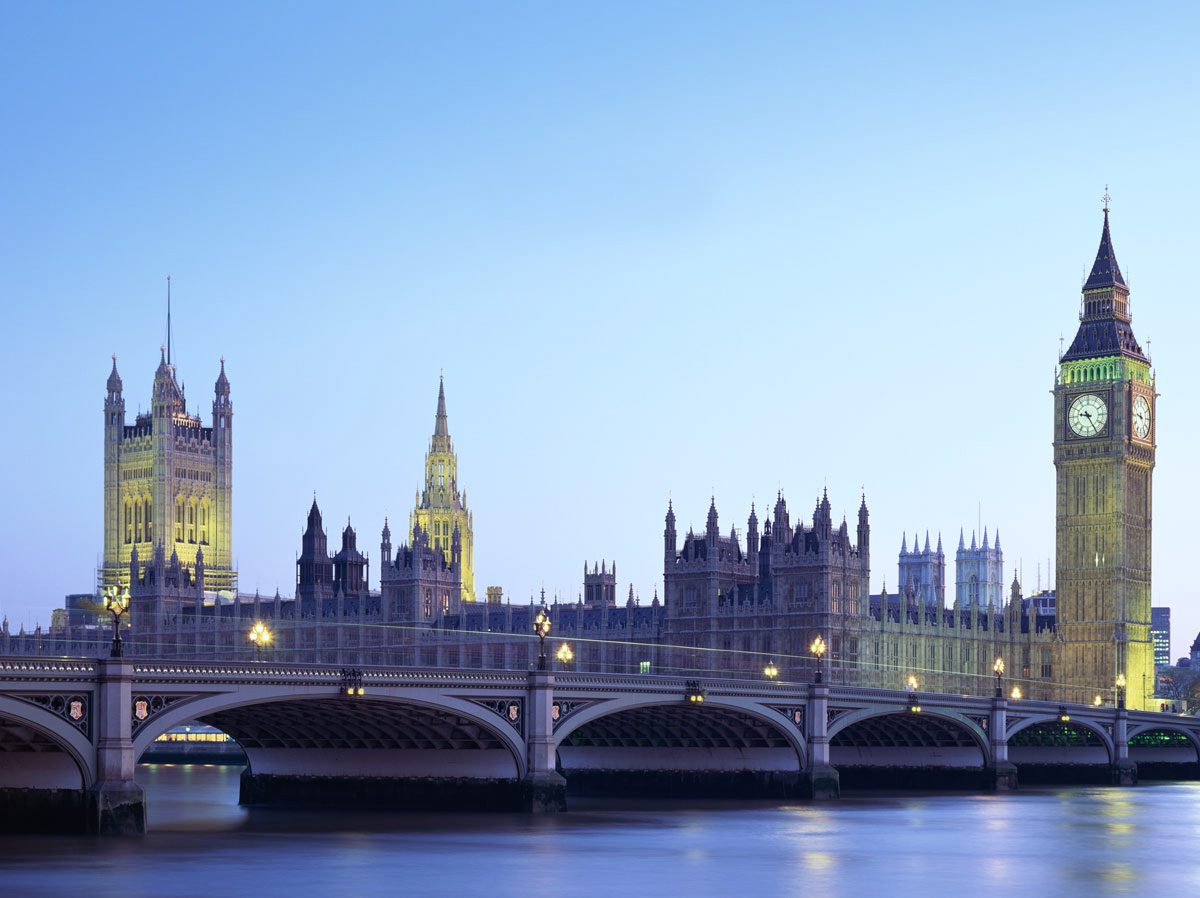
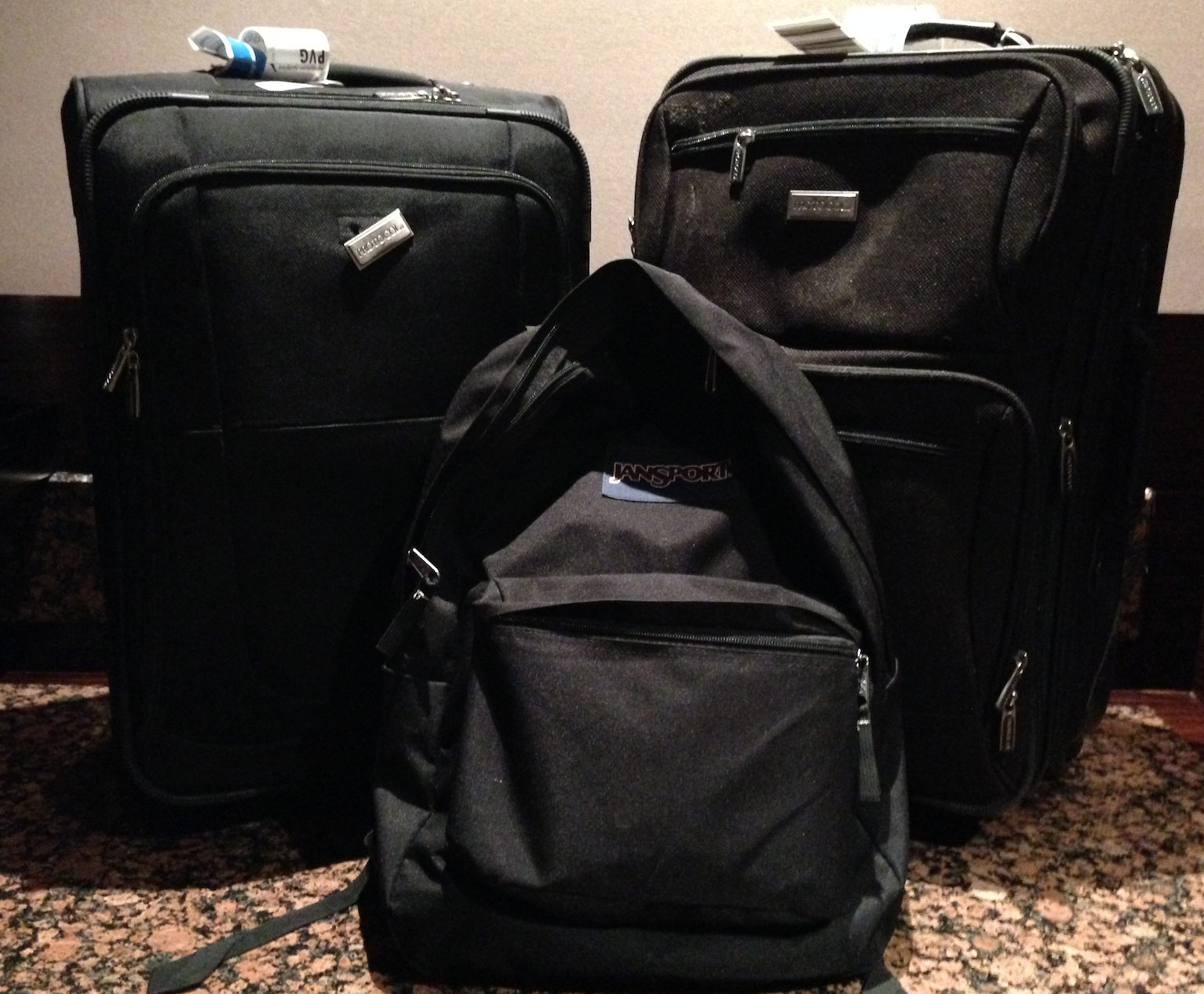

3 Comments
Comments are closed.